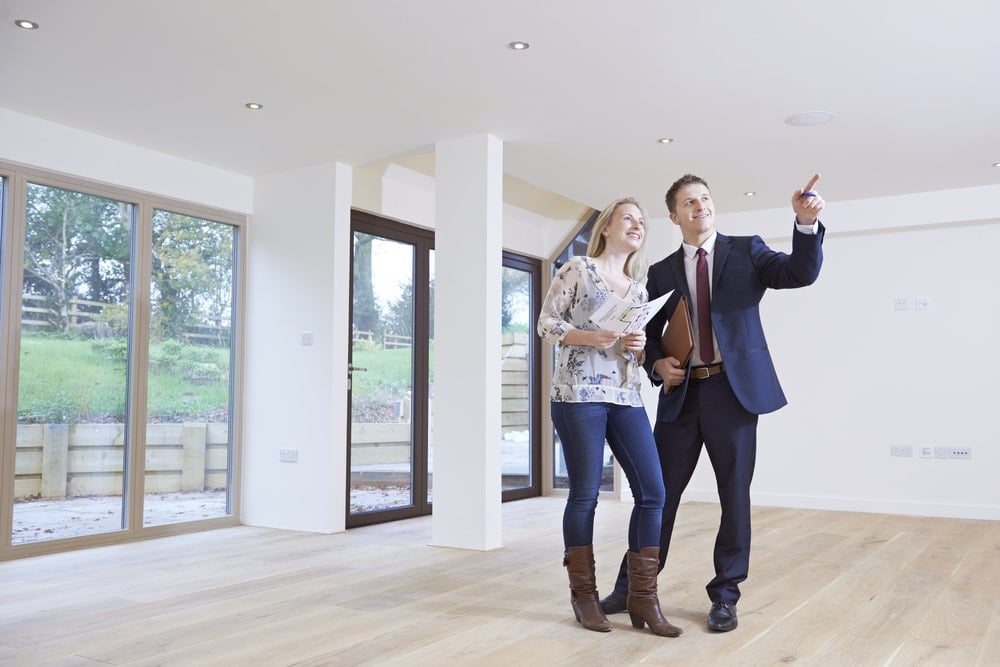Starting your fix-and-flip journey is exciting—and potentially very profitable—but success doesn’t happen by accident. House flipping requires careful planning, strong partnerships, accurate budgeting, and patience.
If you’re new to fix-and-flip real estate investing, these seven proven tips can help you reduce risk, protect margins, and build a repeatable strategy that supports long-term financial growth.
1. Build a Strong Relationship With a Reliable Contractor
A trusted contractor is one of the most valuable assets in your fix-and-flip business.
Look for contractors who:
- Have experience in your local market
- Understand investor timelines and budgets
- Provide accurate, detailed rehab estimates quickly
Contractor estimates directly impact your deal analysis and help determine whether a property meets profitability benchmarks like the 70% rule. A dependable contractor allows you to move fast and bid with confidence.
2. Know Your Limits With Sweat Equity
While doing some work yourself can reduce costs, beginners often underestimate the time, skill, and risk involved.
Before taking on DIY tasks, be honest about:
- Your experience level
- Local permitting requirements
- The cost of mistakes or rework
Cosmetic work like painting or light demolition may make sense. Electrical, plumbing, roofing, and structural work usually do not. Poor workmanship can delay inspections, reduce buyer confidence, and eat into profits.
3. Work With a Realtor Who Understands Fix-and-Flips
Not all real estate agents are investor-friendly. A fix-and-flip–savvy Realtor helps you:
- Identify undervalued properties
- Analyze accurate comps (comparable sales)
- Price the finished home for a fast resale
They may not estimate rehab costs, but experienced agents understand what buyers expect and which upgrades deliver ROI. Platforms like Redfin and MLS data can also help validate pricing trends.
4. Never Skip the Home Inspection
Skipping a home inspection to save money is one of the most expensive mistakes beginners make.
A professional inspection helps uncover:
- Structural issues
- Electrical and plumbing problems
- Roofing, HVAC, or foundation concerns
Knowing these issues upfront allows you to adjust your offer, renegotiate, or walk away before you’re financially committed. According to InterNACHI, inspections often reveal hidden issues that can cost thousands if missed.
5. Set a Realistic Fix-and-Flip Budget
Your flip budget is not the same as a personal home renovation budget.
A profitable fix-and-flip budget should include:
- Purchase price
- Rehab costs
- Contingency reserve (10–15%)
- Financing and holding costs
- Selling expenses
You should buy and renovate the property for significantly less than its after-repair value (ARV) to leave room for profit and market shifts.
6. Evaluate the Entire Neighborhood—not Just the Property
Location is just as important as renovation quality.
Before buying, analyze:
- Recent sales activity
- Nearby renovated homes
- Noise factors (traffic, trains, airports)
- Street appeal and surrounding properties
The best flips are often located near already-upgraded homes in improving neighborhoods. Even a perfect renovation can struggle if the surrounding area doesn’t support resale value.
The U.S. Census Bureau and local planning departments can provide insight into neighborhood growth trends.
7. Practice Patience and Expect Delays
Fix-and-flip success rarely happens overnight.
Common challenges include:
- Permit delays
- Failed inspections
- Contractor scheduling issues
- Longer-than-expected days on market
Patience and financial discipline are critical. Investors who plan for delays—and have financing structured to support them—are far more likely to succeed long term.
Start Your Fix-and-Flip With the Right Financing Partner
Smart investors know that speed, certainty, and flexibility in financing can make or break a deal.
At Center Street Lending, we specialize in financing for real estate investors, offering:
- Fix-and-flip loans
- Fast approvals and closings
- Flexible terms for rehab projects
- Investor-focused underwriting
If you’re ready to fund your first (or next) flip, contact Center Street Lending to learn how we can help you move quickly and invest with confidence.
Center Street communications are not intended to provide business, legal, tax, investment, or insurance advice. No Center Street communication should be construed as a recommendation for any business or investment strategy by Center Street or any third party. You are solely responsible for determining whether any investment, investment strategy, business strategy, or related transaction is appropriate for you based on your personal investment objectives, financial circumstances, and risk tolerance. You should consult your legal or tax professional regarding your specific situation.






